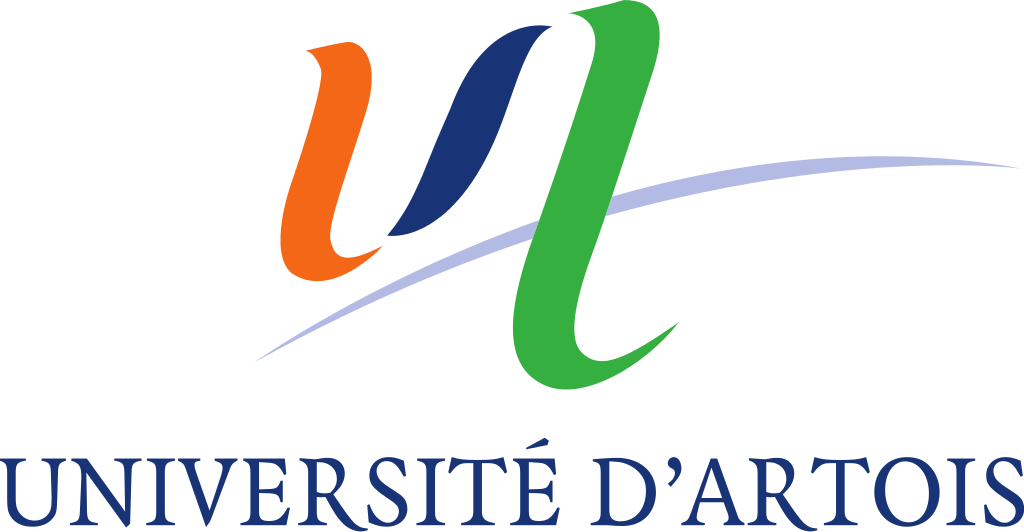Identity Leadership, Employee Burnout and the Mediating Role of Team Identification: Evidence from the Global Identity Leadership Development Project
Résumé
Do leaders who build a sense of shared social identity in their teams thereby protect them from the adverse effects of workplace stress? This is a question that the present paper explores by testing the hypothesis that identity leadership contributes to stronger team identification among employees and, through this, is associated with reduced burnout. We tested this model with unique datasets from the Global Identity Leadership Development (GILD) project with participants from all inhabited continents. We compared two datasets from 2016/2017 (n = 5290; 20 countries) and 2020/2021 (n = 7294; 28 countries) and found very similar levels of identity leadership, team identification and burnout across the five years. An inspection of the 2020/2021 data at the onset of and later in the COVID-19 pandemic showed stable identity leadership levels and slightly higher levels of both burnout and team identification. Supporting our hypotheses, we found almost identical indirect effects (2016/2017, b = −0.132; 2020/2021, b = −0.133) across the five-year span in both datasets. Using a subset of n = 111 German participants surveyed over two waves, we found the indirect effect confirmed over time with identity leadership (at T1) predicting team identification and, in turn, burnout, three months later. Finally, we explored whether there could be a “too-much-of-a-good-thing” effect for identity leadership. Speaking against this, we found a u-shaped quadratic effect whereby ratings of identity leadership at the upper end of the distribution were related to even stronger team identification and a stronger indirect effect on reduced burnout.
Domaines
Psychologie| Origine | Publication financée par une institution |
|---|
